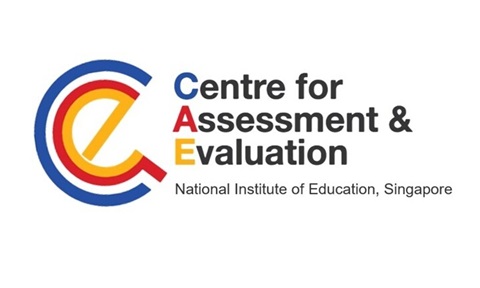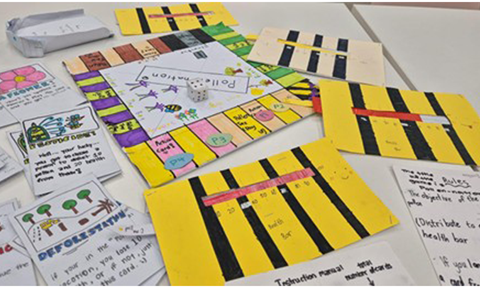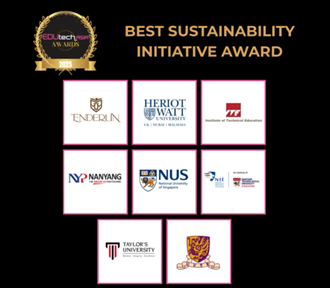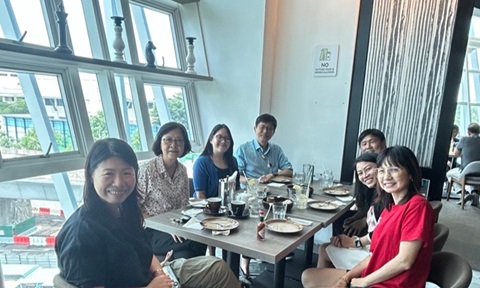Dr Sun He publishes three papers in three different journals
Dr Sun He, Education Research Scientist at the Centre for Research in Child Development, has published three papers in three different journals.
The first journal article titled “The Development of a Parental Questionnaire (QQ-MediaSEED) on Bilingual Children’s Quantity and Quality of Digital Media Use at Home”, was published in the Journal of Acta Psychologica. The study introduced a new parental questionnaire to comprehensively assess the duration and frequency of bilingual children’s screen exposure, as well as the content, design, and use of the screen media. The results revealed substantial changes in the number of times and the type of digital media children consumes before and since the COVID-19 pandemic. The responses collected also showed that children spent significantly more time in English materials than digital materials in their Mother Tongue language.
The second article titled “Editorial: The Role of Experience in Children's Language Development: A Cultural Perspective”, was published in the Journal of Frontiers in Psychology. The Editorial summarised the papers collected in the special issue that Dr Sun and the co-authors edited. The main objective of this article is to highlight the importance of incorporating perspectives from underrepresented voices, increase researchers’ understanding of language acquisition, and enhance future endeavours to mitigate the effects of poverty, systemic racism, and global unrest by being culturally informed.
The third journal article titled “Language Experience and Bilingual Children’s Heritage Language Learning”, was published in the Journal of Studies in Second Language Acquisition. The study assessed the Mandarin skills of 201 kindergarteners in Singapore and investigated the external factors that would influence children’s proficiency in the language. The results revealed that children’s Mandarin output plays a crucial role in three Mandarin skills that the team of researchers has explored, specifically receptive vocabulary, receptive grammar, and verbal fluency. The findings suggest that children tend to have higher proficiency if they have interacted with that language at an early age. Children’s onset age of Mandarin speaking and the number of places where they used Mandarin significantly predicts how proficient the child is in that language.






